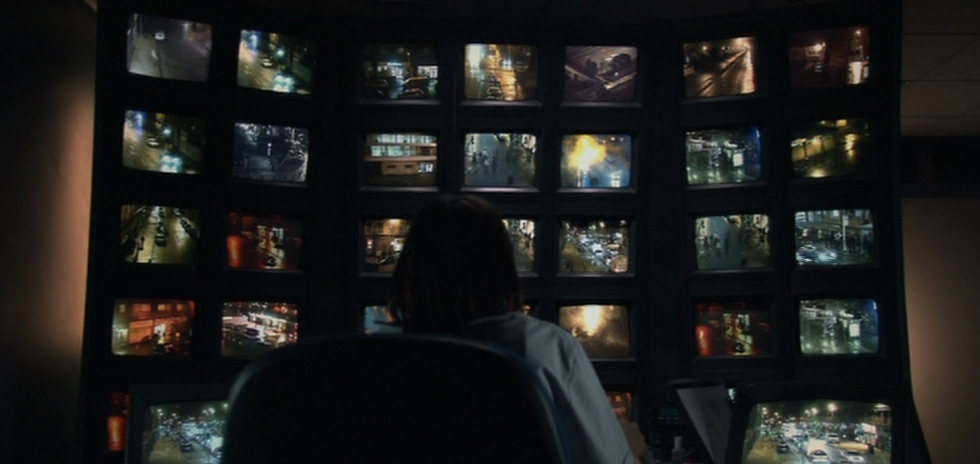
Highlights from “Text vs. Context: Understanding the Video Essay Landscape” by Jessica McGoff, published on 4:3:
“The emergence (and subsequent rapid proliferation) of the video essay has left both film critics and scholars not only grappling with how best to participate in the move towards the audiovisual, but also how to discuss and analyse the form in its own right.
Criticism is necessary for any form, especially one still establishing itself, but what is becoming increasingly perceptible in many recent pieces is a failure to keep up with the video essay’s rapidly changing landscape.
This is primarily because critiques of the video essay are often lacking institutional context, resorting instead to auteurist modes of analysis first developed in (non-audiovisual) cinema studies. This discursive flaw both illuminates the current shifts in the video essay landscape and also leads me to contend that working towards an institutional analysis will open up insight regarding the versatile capacity of the video essay.”
“Actual categorisation of the video essay becomes a complex task. Conor Bateman suggests that there are “11 Ways of Making a Video Essay,” interestingly designating “supplement to the academic form” as one possibility, whilst also acknowledging works that subvert traditional scholarly expectations. Thomas van den Berg and Miklós Kiss set out to propose a formal blueprint for audiovisual scholarship, and their monograph identifies six types of video essay.”
“I argue that, due to the current state of the Internet landscape, it is not the formal particulars of video essays that need categorizing now, but rather the platforms on which they are published. It is vital to take into account that digital space is not in fact uniform, but imbued with specific industrial and institutional conditions.
If video essays are now to be found in the classroom, at film festivals, on social media and in academic publications, then it is crucial to develop a mode of analysis that does not take these contexts for granted.
“I have noticed that much criticism, rather than tackling these new preconditions directly, has instead mimicked the way in which cinema studies bypassed dealing with the complications industrial conditions imposed on creative art, by way of auteur theory.”
“I do not disagree that video essayists merit the artistic connotations of auteurship, but perpetuating the notion risks erasing collaborative efforts and takes for granted the creative considerations, and in some cases restrictions, of differing institutional contexts. Uniform critique results in a reductive analysis of the form. The question should not be how each video achieves the potentials of the form, but how they demonstrate that the form itself is ever dividing along different lines, different audiences and different possibilities. With platforms now monetizing, and more and more video essays geared towards social media platforms, it is now vital to consider how industrial factors will impact video essays themselves.”
?.?.?.?.?.?.?.?.?.?.?.?.?.?.?.?.?.?.?.?.?.
